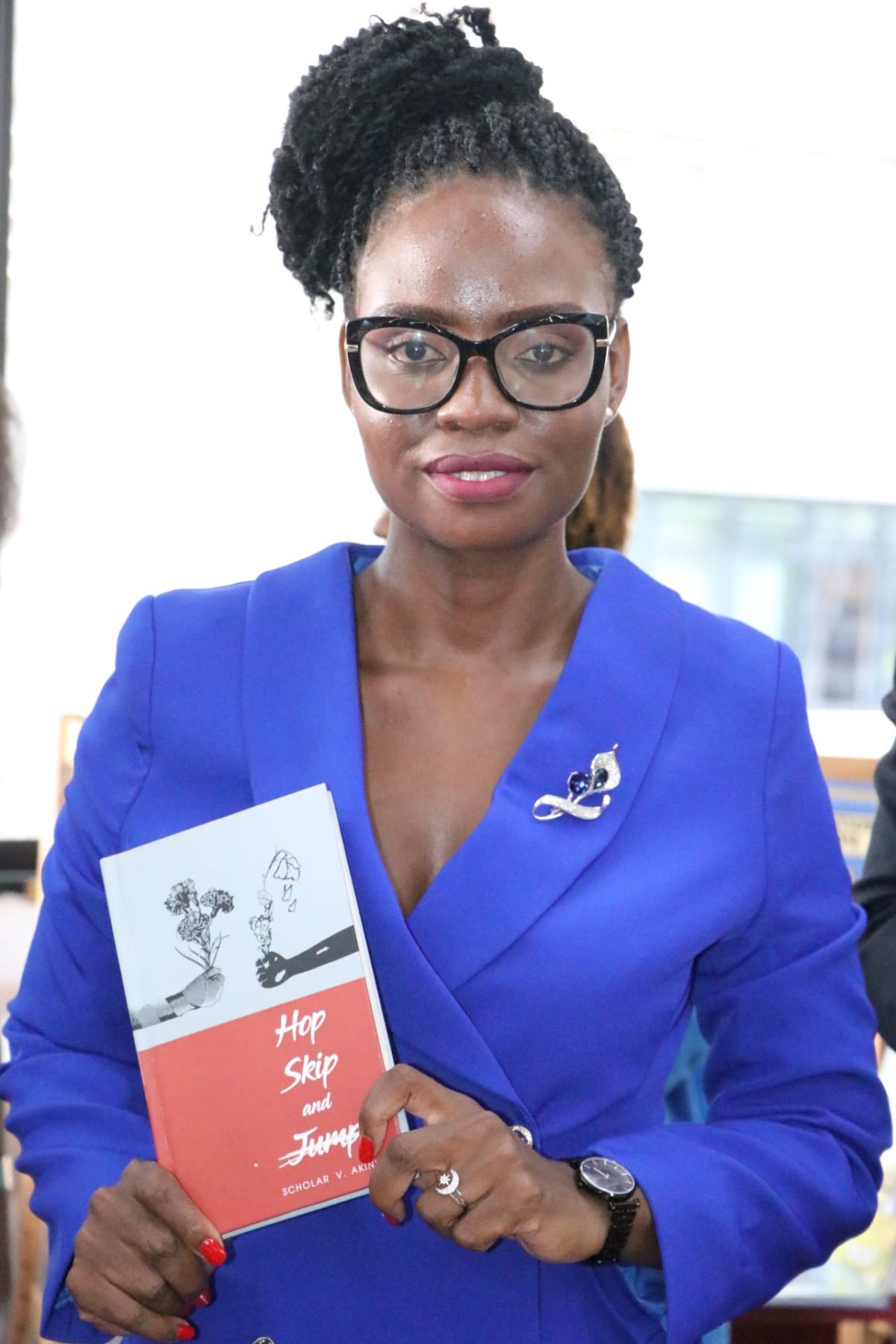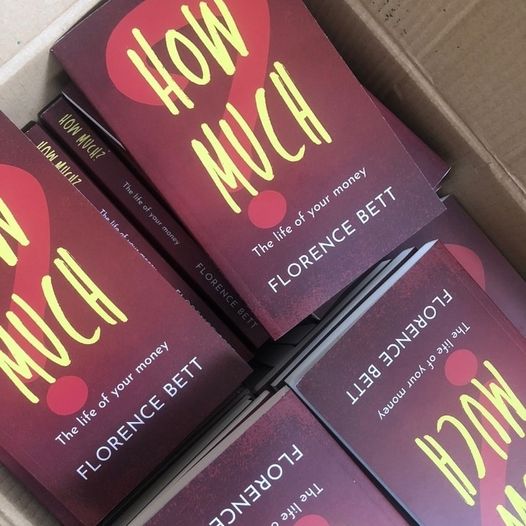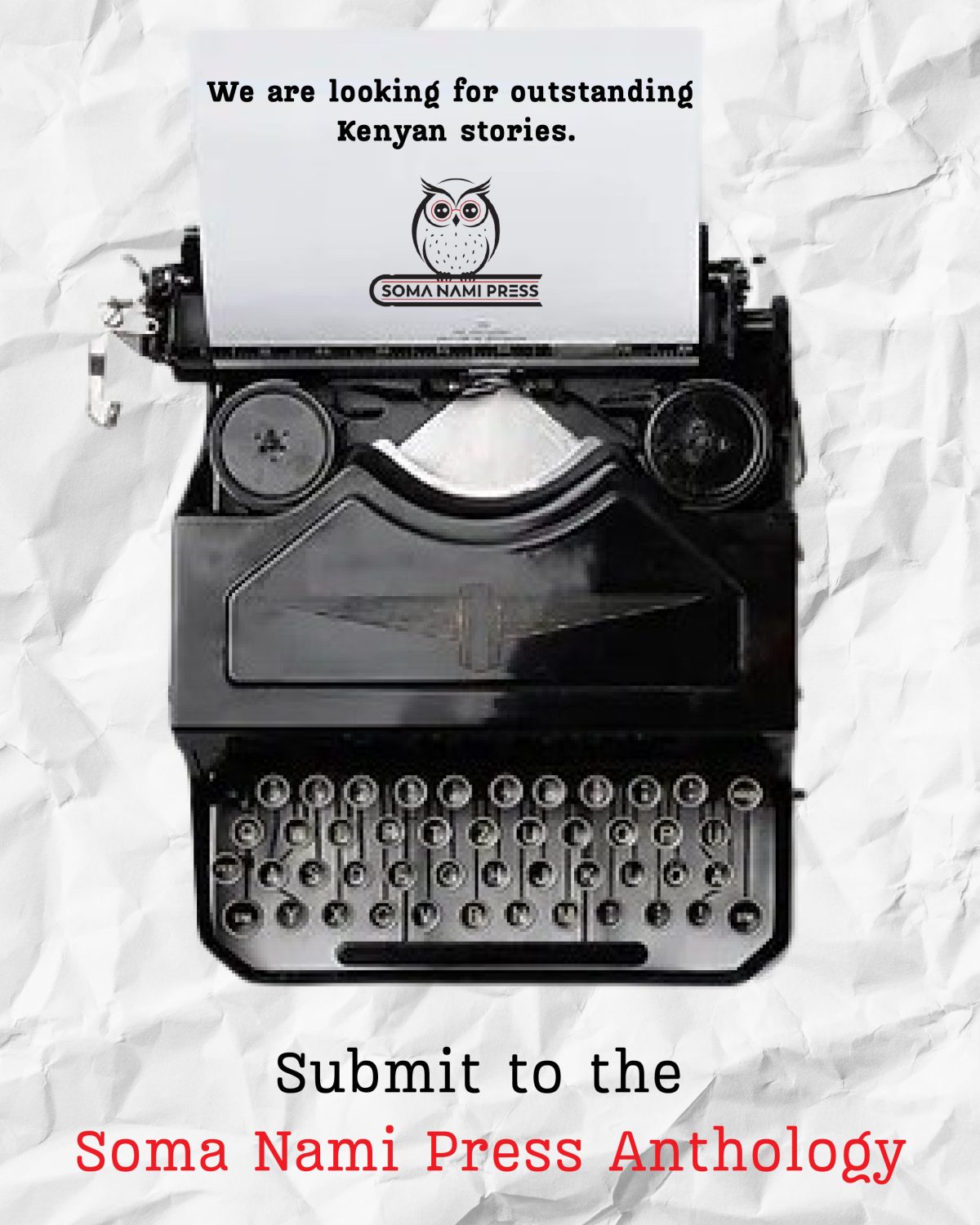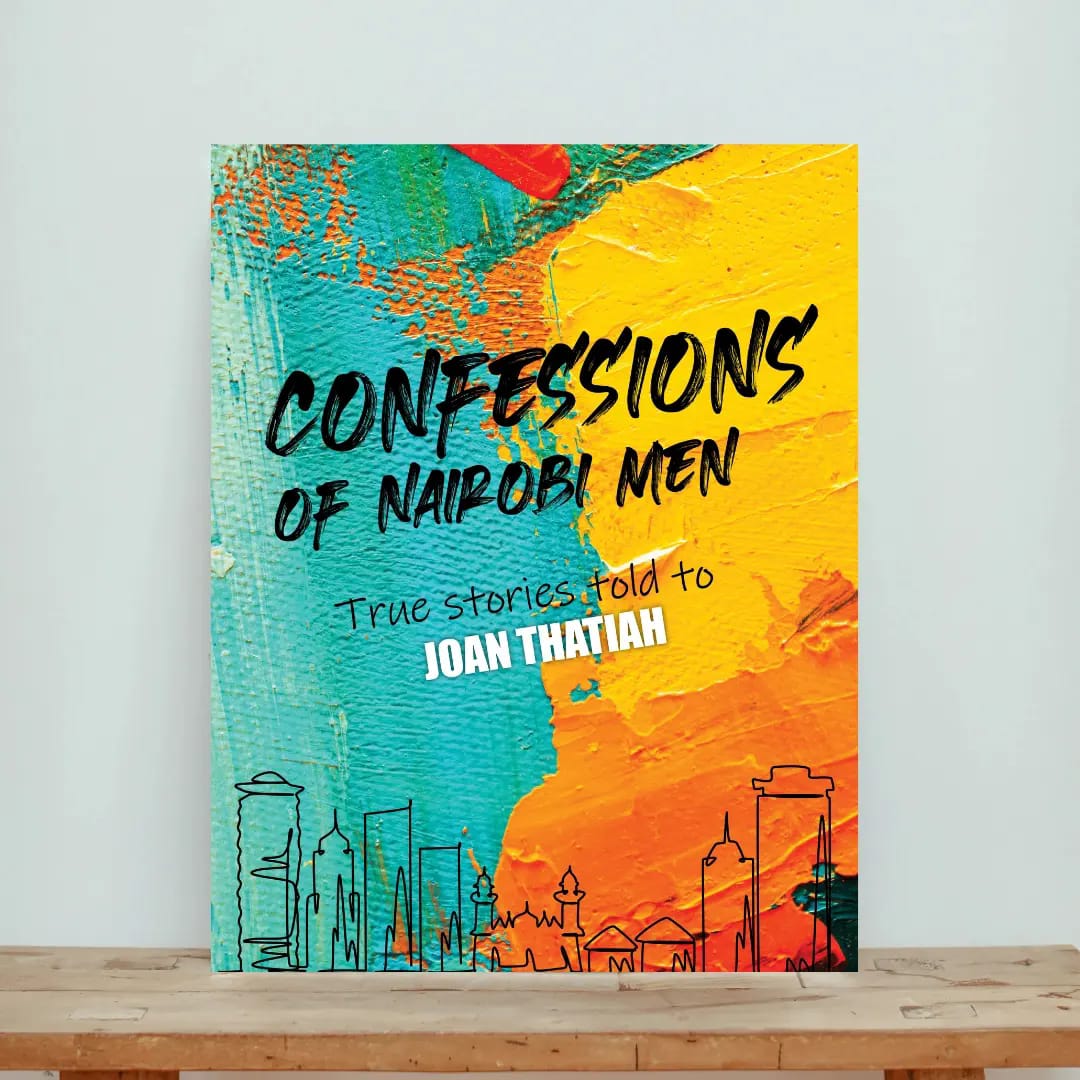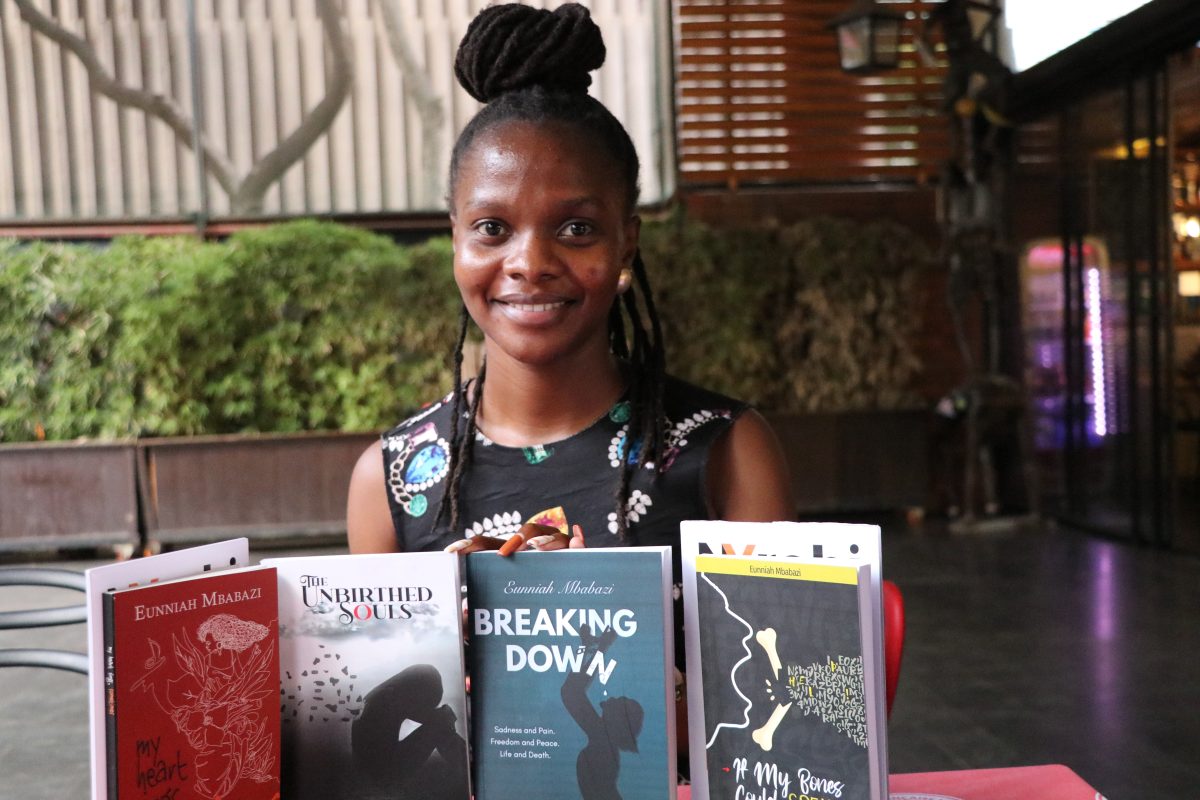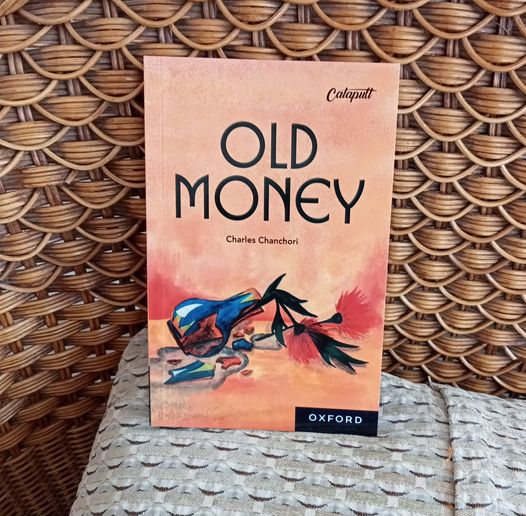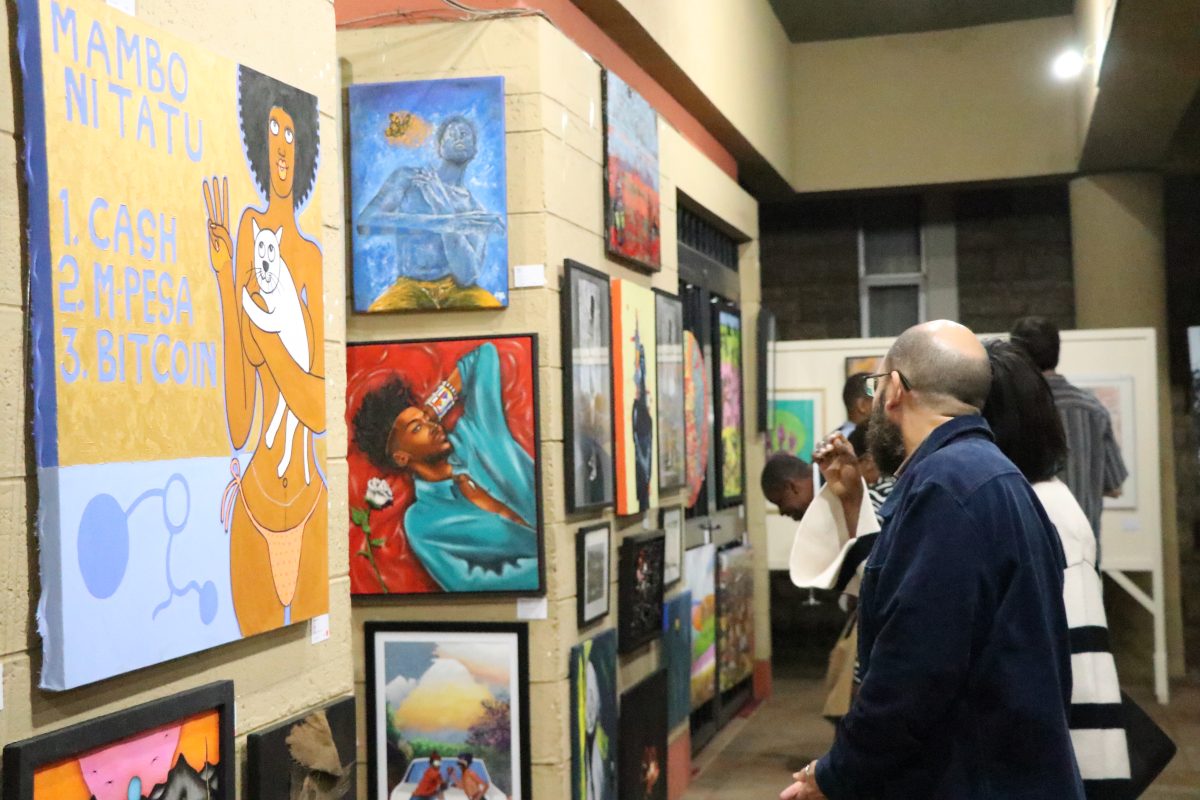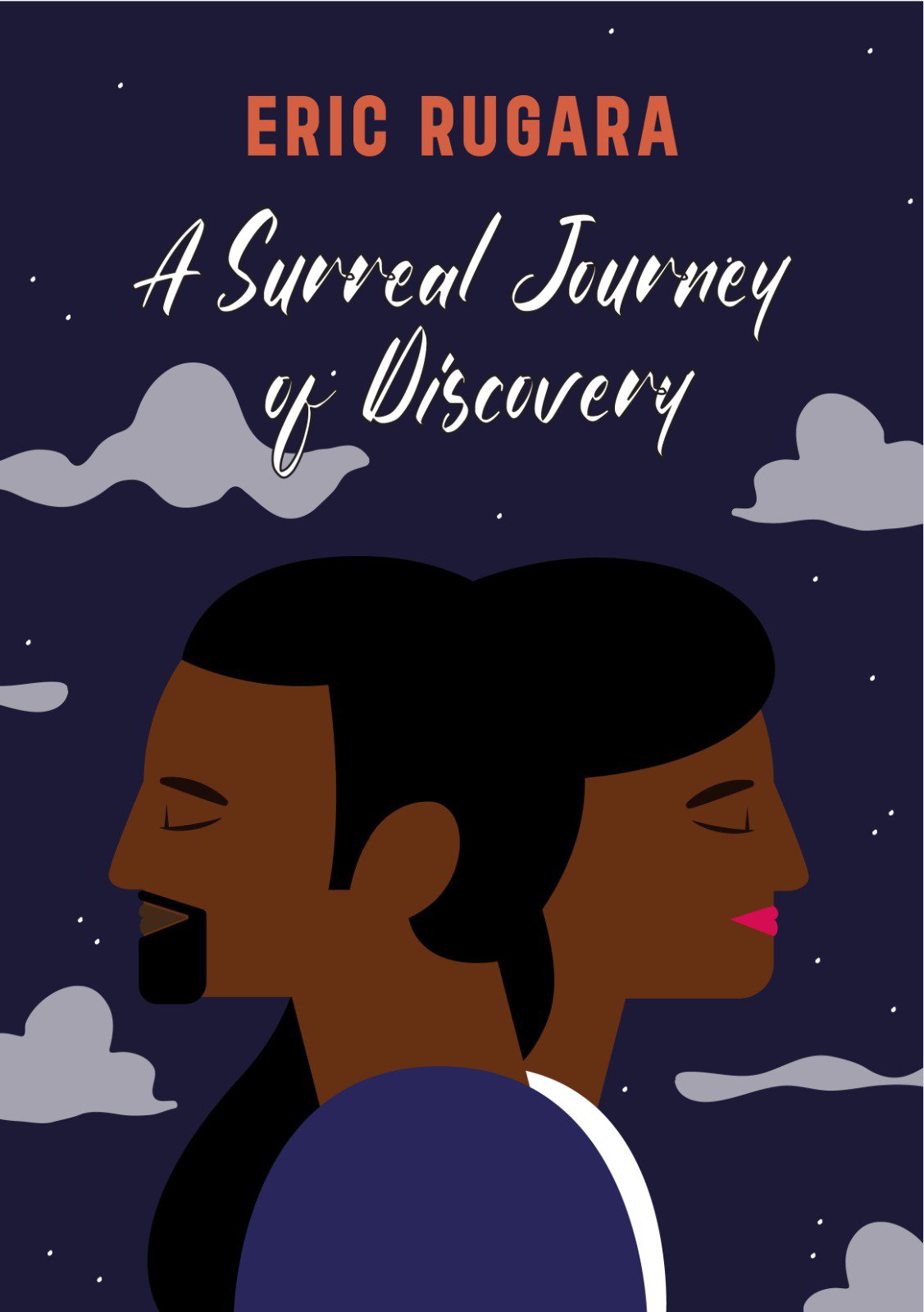As 2023 comes to a close, Maisha Yetu would like to appreciate and celebrate the best in terms of books and honour them with the Maisha Yetu Excellence Awards for 2023.
For hosting a successful Nairobi International Book Fair, the Kenya Publishers Association, for the second year running, takes the Maisha Yetu Award for the Best Body Corporate. This year, NIBF went a step further and hosted the first ever Rights Trading forum, in conjunction with eKitabu and the African Publishers Forum (APNET)
XXXXXXXXXXXXXXXXXXXXXXXX
In early September Peter Ngila Njeri, won the 2023 edition of the James Currey Prize for African Literature with his fiction manuscript, The Legend of Beach House. He beat other writers including those from Western and Southern African countries. What is more, Ngila shared his prize money with fellow nominees (he did not have to do that). For that reason, we award him the Maisha Yetu Young Writer of the Year (Male)
XXXXXXXXXXXXXXXXXXXXXXXX
Eunniah Mbabazi, is a self-published author and editor. Despite being a trained engineer, Eunniah chose a life of writing and publishing, with its ups and downs. She has written Breaking Down, an anthology of short stories, If My Bones Could Speak, a collection of poems, Unbirthed Souls, a collection of short stories and My Heart Sings Sometimes, a collection of poems. She has also edited, When A Stranger Calls, an anthology of Short stories, by different writers, currently doing well in the market. Eunniah, thus takes home the Maisha Yetu Young Writer of the Year (Female).
XXXXXXXXXXXXXXXXXXXXXXXXX
Will Clurman is the CEO of eKitabu. For masterminding the Rights Café Pavilion, the first ever rights trading forum at the Nairobi International Book Fair, where 13 agents from different publishing, houses across the globe, congregated at the Nairobi International Book Fair, where several publishing deals were inked, Will Curlman wins the Maisha Yetu CEO of the Year Award.
XXXXXXXXXXXXXXXXXXXXXXXXXXXXX
The Alliance Française in Nairobi has, since November 2019, offered its library space for authors, mostly young and self-published, to launch their books, free of charge, as well as hosting literary debates. This year alone, more than 50 books have been launched at the Alliance Française library. AF also hosts the Nyrobi Book Fest, where self-published authors have an opportunity to exhibit their books for free. For its role in promoting literature and writing, the Alliance Française gets the 2023 Maisha Yetu Foreign Cultural Organisation of the Year.
XXXXXXXXXX
Independently published writers aka self-published writers, have for the longest time agonised over an outlet for their creative outlet. Many bookstores impose stringent, nay, impossible rules for them to stock independently published books. This changed when Nuria Bookstore came onto the scene. Nuria revolutionised bookselling in Kenya. Many first-time writers, who are mostly self-published found a willing ally in Nuria.
Nuria not only stocks their books for sale, they also help them market. Nuria, a brainchild of Abdullahi Bulle, goes out of its way to seek out events where they can sell, market, and generally promote books and their authors.
For the second year running, Nuria gets the 2023 Maisha Yetu Bookseller of the Year Award.
XXXXXXXXXXXXXXX
The 2023 Maisha Yetu Award for the Most Creative, Most Sustained and thus, the Most Effective Marketing Campaign for a Book goes to Rough Silk, a memoir by Deborah Auko Tendo. The book shares the remarkable story of her father, a man who lived an extraordinary life in ordinary circumstances. Through his daughter’s eyes, we see his wisdom, his humor, his love and his legacy.
XXXXXXXXXXXXXXXXXX
In May this year, Kenya Publishers Association (KPA) donated foodstuffs, books and other assorted items to Eldoret School for the Hearing Impaired. This was during the Eldoret Regional Book Fair. Come September, KPA did the same for the Compassionate Hands for the Disabled in Ruai, during the Nairobi International Book Fair. Donating to the less fortunate has become a ritual for KPA, whenever they organise a book Fair.
It is thus in order for KPA to receive the 2023 Maisha Yetu Corporate Social Responsibility Award.
XXXXXXXXXXXXXXXXX
The 2023 Maisha Yetu Lifetime Achievement Award goes to Edward Mburu Gachina. Mzee Gachina, 76, from Kandara in Muranga, beat all the odds to write and publish his memoirs, The Odyssey of an African Man. Despite the fact that he is just an ordinary retired old man, living in the village, he felt compelled to pen his autobiography for the sake of future generations. He is a retired accountant.
XXXXXXXXXXXXXXXXX
John Kiriamiti, is reformed bank robber, who wrote My Life in Crime, while still in jail. For its vivid descriptions, twists and turns, cliff-hanger suspense and easy conversational writing style My Life in Crime remains a Kenyan bestseller 38 years after its publication. Little wonder then that when Neflix Kenya asked Kenyans, which book they would wish to be turned into a movie, Kenyans on social media voted for My Life in Crime, closely followed in second position to Mwangi Gicheru’s Across the Bridge.
Kiriamiti has written four other equally popular book, My Life in Prison, My Life with a Criminal, The Sinister Trophy and Son of Fate. This year alone, Kiriamiti headlined three major literary events in Nairobi, The NBO Litfest, The Nairobi International Book Fair and the Nyrobi Book Fest. It is for that reason that we award him the Maisha Yetu Personality of the Year.
XXXXXXXXXXXXXXXXX
Silas Nyanchwani and Jacob Aliet have in the past two years made a name for themselves, for publishing socially conscious books that seek to advise men on how to lead better lives. Though their writing tends to be a bit controversial, these two writers have kept at it, in the process earning themselves grudging respects from some of their most persistent critics (women). Aliet is the author of Unplugged, which he recently upgraded to Unplugged 2 and 3. Nyanchawani, other hand dispenses his wisdom through 50 Memos to Men 1 and 2.
Nyachwani and Aliet make a tie and therefore share the 2023 Social Awareness Campaign through books.
XXXXXXXXXXXXXXXXXXXXXXX
The Maisha Yetu Children’s Category Award goes to Brian Wairegi and the triplets of Julie, Jeremy and Jason Mugo. All are aged ten and have published books. Brian has written A Visit to the Farm, while the twins have written Triplet Tales.
XXXXXXXXXXXXXXXXXXXXXXX
The Maisha Yetu Award for publisher of the Year Award goes to eKitabu for curating and hosting the very successful Rights Café at the Nairobi International Book Fair, a first in the region, where agents from different international publishers held talks with various authors and publishers in Kenya, with a view to buying rights to those books.
XXXXXXXXXXXXXXXXXXXXXXXXXXX
Author’s Feet is a YouTube based show that features interviews with Kenyan authors. For its role in expanding and cementing the writers’ craft in Kenya, Author’s Feet, produced by Cynthia Abdallah Productions and hosted by the lively Ciku Kimani-Mwaniki, takes the 2023 Maisha Yetu Literary Show of the Year, for the second year running.
XXXXXXXXXXXXXXXXX
For consistently bringing us news an information on African books, African authors and the general publishing scene in Africa, James Murua, who runs the Writing Africa website, takes the Maisha Yetu Blogger of the year.

